Collapse, stagger or thrive? The Commonwealth searches for a role after Queen Elizabeth II’s death
Born from the ashes of empire, the Commonwealth has a new head but can it find a new role?, asks Race Correspondent Nadine White

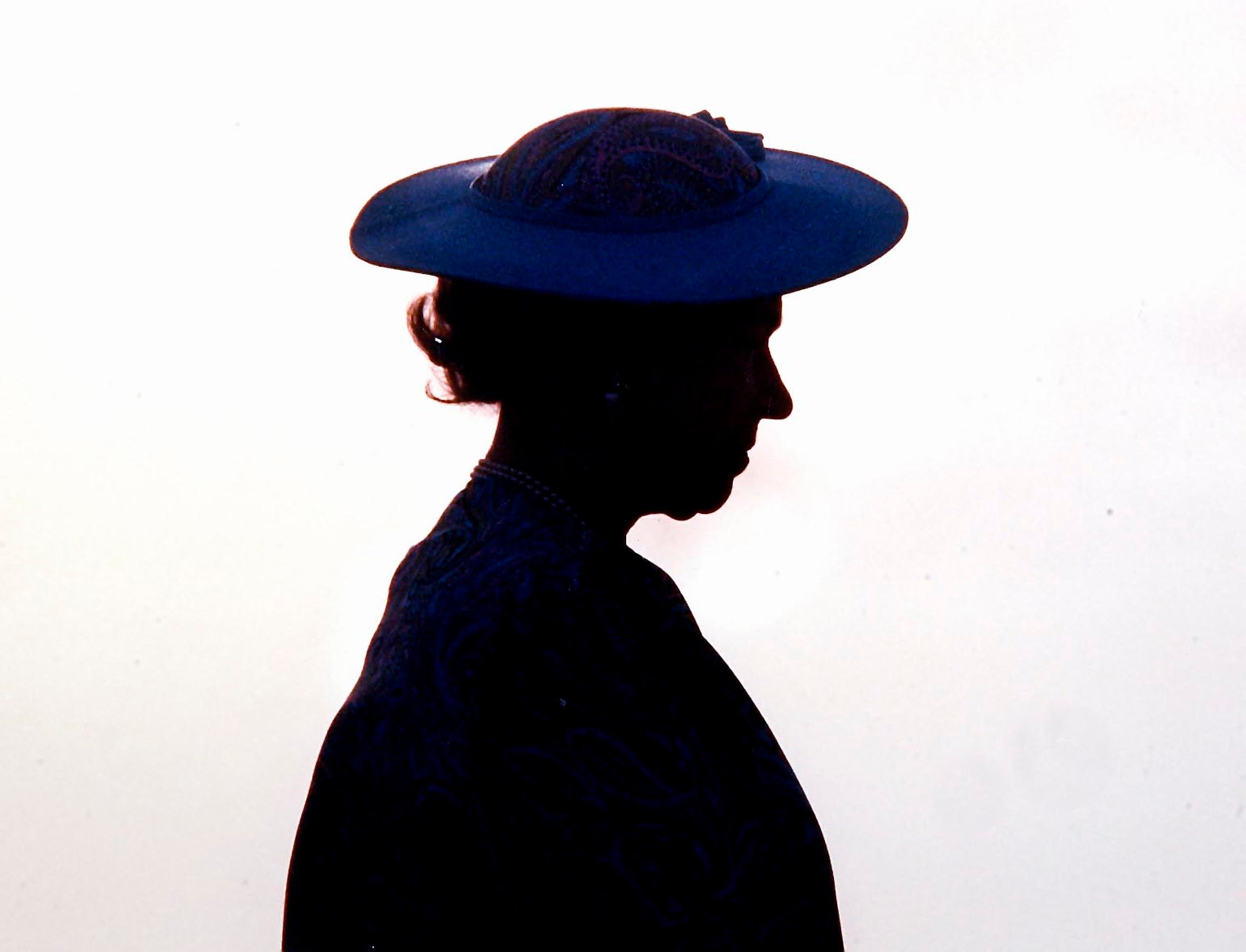
Your support helps us to tell the story
From reproductive rights to climate change to Big Tech, The Independent is on the ground when the story is developing. Whether it's investigating the financials of Elon Musk's pro-Trump PAC or producing our latest documentary, 'The A Word', which shines a light on the American women fighting for reproductive rights, we know how important it is to parse out the facts from the messaging.
At such a critical moment in US history, we need reporters on the ground. Your donation allows us to keep sending journalists to speak to both sides of the story.
The Independent is trusted by Americans across the entire political spectrum. And unlike many other quality news outlets, we choose not to lock Americans out of our reporting and analysis with paywalls. We believe quality journalism should be available to everyone, paid for by those who can afford it.
Your support makes all the difference.For almost 70 years, Elizabeth II was head of the Commonwealth – one of the world’s oldest transnational associations dubbed a “family of nations”.
Following her death on Thursday, aged 96, King Charles III has now assumed the role which will mark a new chapter in the House of Windsor.
Founded in 1949 and led by King George VI, the union is comprised of 56 member states. The queen was head of state in 32 of those nations when she came to the throne, aged 25, in 1953 following the early death of her father, the king.
Elizabeth’s reign saw Britain’s declining influence in the global sphere, from a large empire that encompassed much of the world, to a wounded power grappling with the impact of the Second World War and a middle-ranking economy.
Across decades, the footprint of the monarchy shrank dramatically, but at her death she was still head of state of the United Kingdom and 14 Commonwealth countries or realms from, Australia and Canada to Jamaica and Grenada.
As Charles III prepares to take the crown forward, there’s much anticipation around what the Commonwealth’s future looks like – particularly in light of growing republican sentiments and calls for slavery reparations within former colonies and the advent of the Black Lives Matter movement which fuelled talks of self-actualisation among formerly oppressed peoples.
However, the Queen’s leadership of the union has been harkened as a sense of devotion to the Commonwealth, which is thought to be one of her greatest legacies.
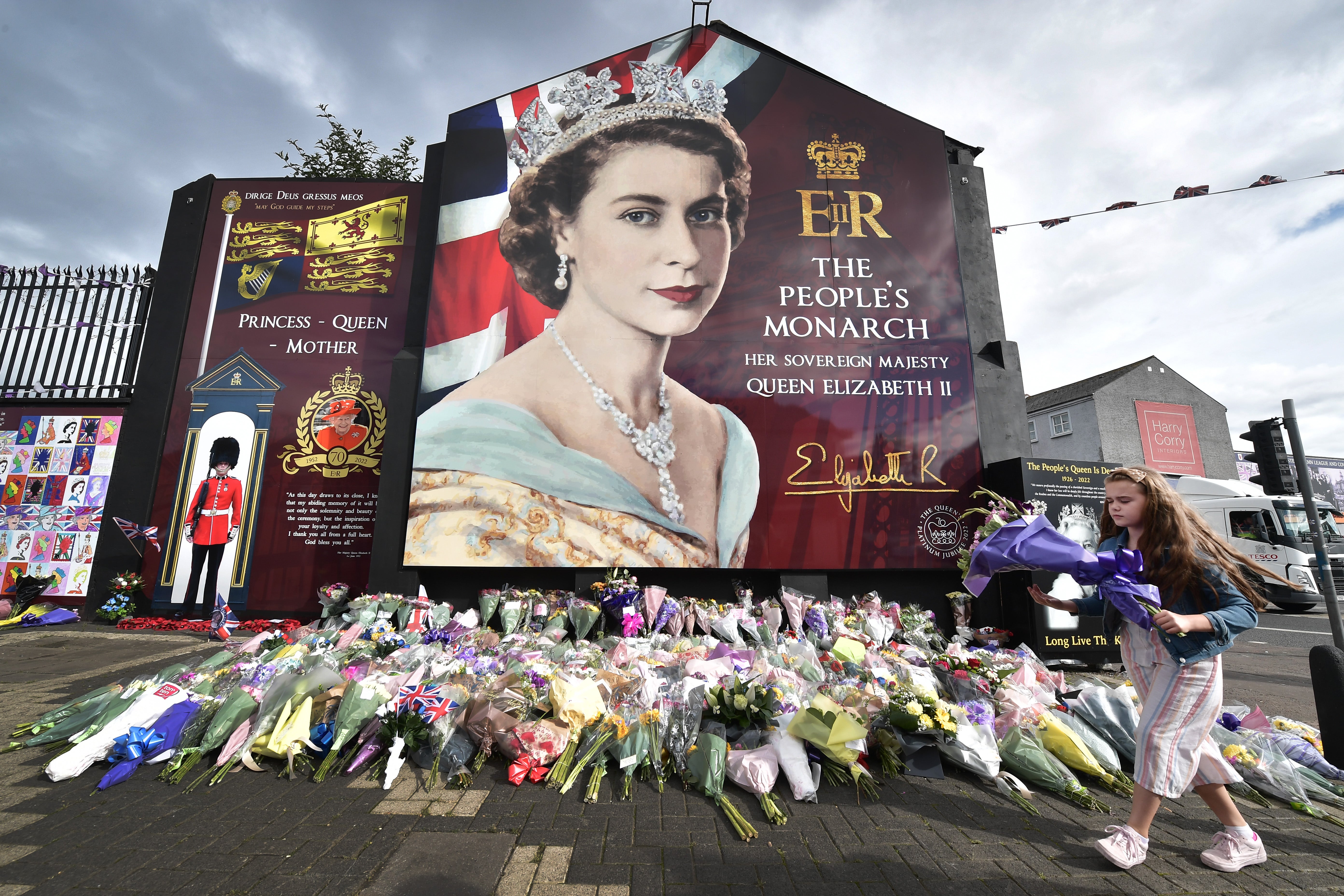
Indeed, Baroness Patricia Scotland said in tribute to Elizabeth II that the growth and vibrancy of the modern Commonwealth is a testament to her “dedication, wisdom and leadership”.
Speaking at her official residence, Marlborough House in central London, following the proclamation of the new King on Saturday, the Secretary-General of the Commonwealth also also spoke of how the Commonwealth would continue to have “challenging conversations” with Charles.
Born from the ashes of colonialism, most of the nations within the Commonwealth share the traumatic experience of being former British territories.
To the average layperson, little is known of the tangible benefits of the union for its members.
It’s particularly useful for the smaller, relatively impoverished states, which the majority of the Commonwealth states are. They are impoverished because of the lack of reparations from Britain following the abolition of slavery.
The union also allows states, crucially the poorer and smaller ones, access to a network which includes major “donor countries” like Britain, Canada, Australia and a platform for their views. The group of high commissioners based in London are also said to benefit from this network.
However, what other benefits does it hold? Experts – and indeed residents of many Commonwealth countries – argue that it possesses very little tangible value.
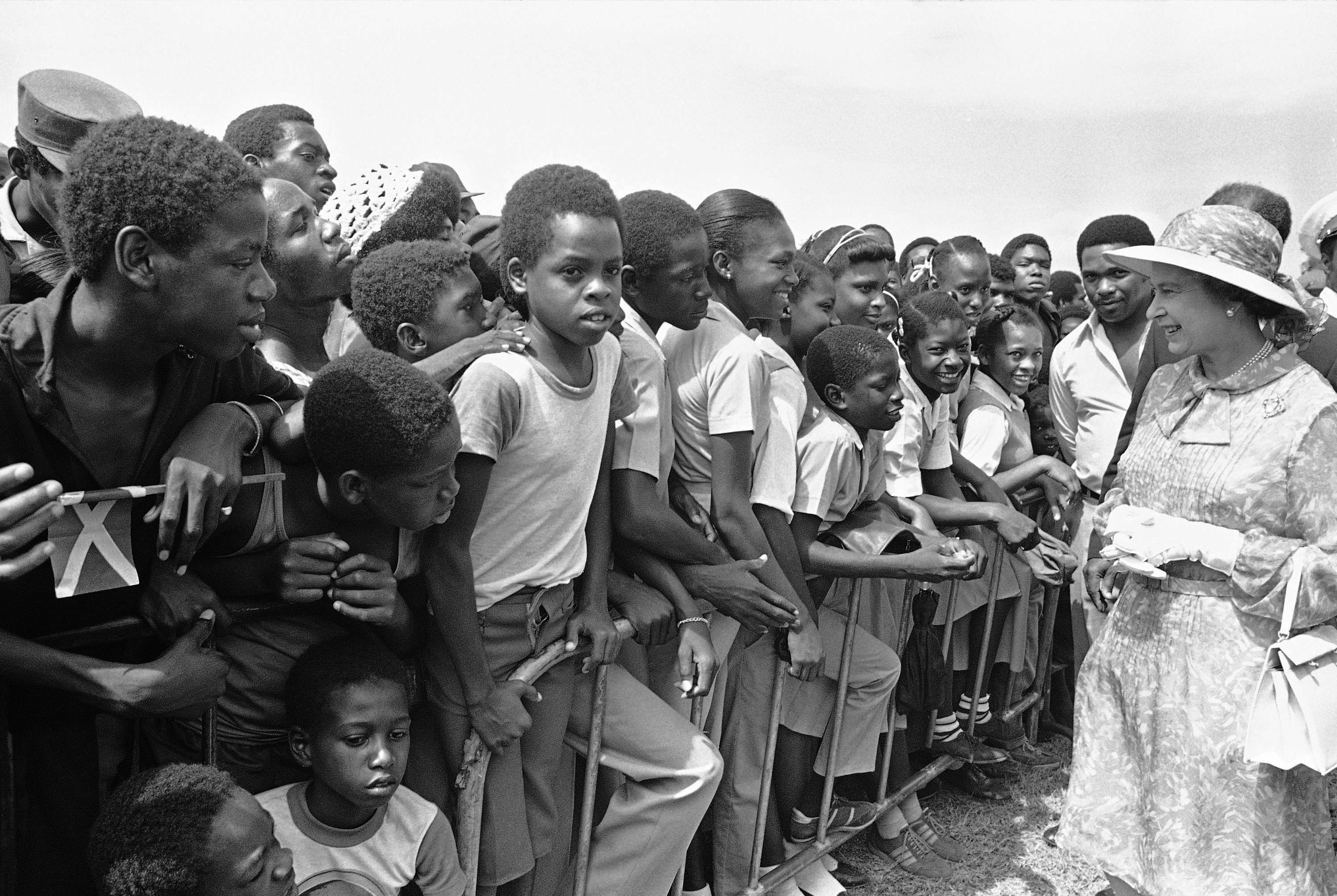
“The Commonwealth is a network for diplomatic communications, really, and that’s what it will remain,” Philip Murphy, professor of British and Commonwealth History at the University of London, tells The Independent.
“Since the 1940s, it has been led by the agenda of its members from the developing world. So it serves some marginal benefits which make it worth continuing to belong to it.
“What it will never do is solve the world’s problems, while sometimes Commonwealth true-believers will tell you it’s a hugely undervalued resource with vast potential. It doesn’t really have the potential to do much at all; it’s not designed to do things.”
In 1953, the Queen defined the union as one which “bears no resemblance to the empires of the past.
“It is an entirely new conception, built on the highest qualities of the spirit of man: friendship, loyalty, and the desire for freedom and peace,” she once said. “To that new conception of an equal partnership of nations and races I shall give myself heart and soul every day of my life.”
A decision was made in 2018 that the headship of the Commonwealth would pass to the then Prince Charles and, while the Queen was cutting down on long-haul travel, over the past decade the heir to the throne had taken an ever-more prominent role in Commonwealth affairs. It was, essentially, a handover in preparation for the ruling monarch’s demise.
It doesn’t really have the potential to do much at all; it’s not designed to do things
For example, he represented the queen at the Sri Lanka-based Commonwealth heads of government meeting (CHOGM) in 2013 and Rwanda this year. In 2018, at the request of Elizabeth II, Charles was approved as her successor by the group’s leaders; unlike the throne, the Commonwealth leader is not an expressly hereditary figure, although, to date, all the heads have been British monarchs.
So, will it collapse, stagger or thrive? Some 10 per cent of the British public think this will be the end of the Commonwealth, according to a recent survey conducted by DAPS Agency and Perspectus Global.
However, professor Rosalea Hamilton, member of the Advocates Network in Jamaica, thinks this time of transition offers an opportunity for Commonwealth countries to “reset the status quo”.
“Over the last few years, there has been growing dissatisfaction with the status quo in Jamaica, the Caribbean and the Commonwealth,” Professor Hamilton tells The Independent.
“With more access to information, especially about our history, people are making the connection between the institutional legacies of our colonial past and the current, persistent socio-economic problems, including racism/colourism, violence/abuse, chronic diseases, landlessness/squatting, inequalities and more.
“Similar changing views were evident at the last Commomwealth meeting in Rwanda where persistent inequalities were highlighted. The views expressed included: the idea that the ‘Commonwealth’ must mean that the wealth concentrated in five countries must be shared... and the need for more effective and fair access to global markets as well as a ‘reset’ vision to deliver a common future where there are shared opportunities for prosperity and wellbeing.”
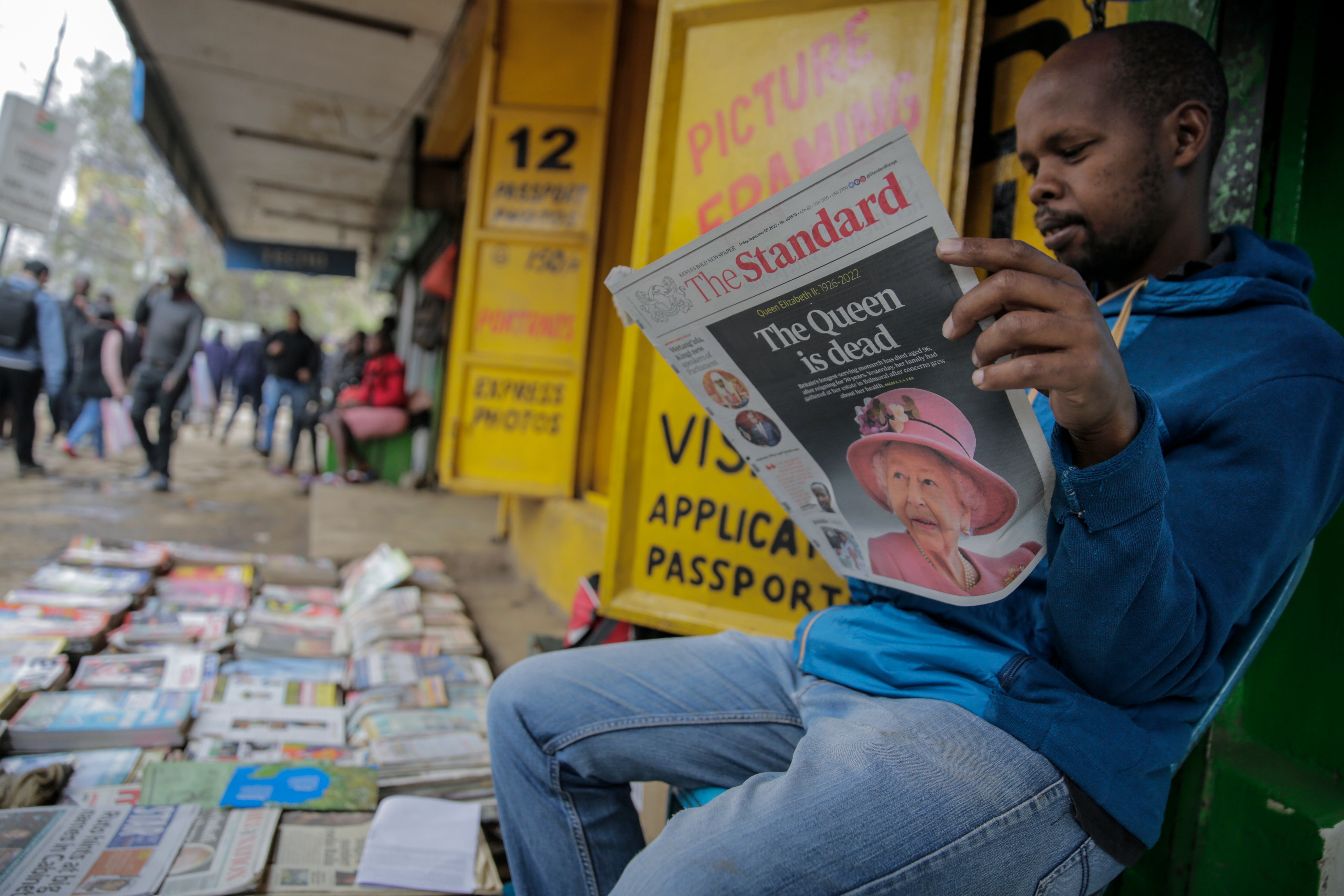
Professor Hamilton added: “The Queen’s death provides an opportunity to ‘reset’ the status quo of systemic racism and inequalities and to create a better world devoid of the dehumanising, colonial legacies. This will not be a quick fix!”
Speaking at CHOGM in June, Prince Charles shared his “sorrow” for the suffering caused by slavery – but stopped short of an apology for his family’s historic involvement.
The then-senior royal told Commonwealth leaders that the potential of the “family of the nations” for good could not be realised until “we all acknowledge the wrongs which have shaped our past”.
The Queen’s death provides an opportunity to “reset” the status quo of systemic racism and inequalities and to create a better world devoid of the dehumanising, colonial legacies. This will not be a quick fix!
For Earl Bousquet, Chair of Saint Lucia’s National Reparations Committee (NRC), the issues raised at CHOGM in Rwanda, as Professor Hamilton pointed out, were welcomed but inadequate.
“There’s been more apparent turbulence in the Commonwealth in the 21st century than before over issues such as the perpetuity of royal reign, London’s influence as host of the Commonwealth Secretariat [at] Marlborough House and most recently the issue of reparations and reparatory justice came up in Rwanda,” he tells The Independent.
“But these are more like waves from stirring milk and sugar in an English cup of tea or coffee, more like a quiet storm in a teacup than bad weather with earthquake or tsunami possibilities.”
The Queen “commanded supreme respect” as the only monarch that the vast majority of Commonwealth leaders have ever known, however, when the late ruler stopped travelling abroad and started grooming Charles for succession, some leaders were ”bold enough” to let her know there was some mild discomfort in the ranks about succession being only a continuation of monarchic rule, Mr Bousquet explained.
“No Commonwealth leader, in living memory, has stood to seriously challenge, or say anything loud enough to make the head-of-state and monarch of 15 realms uncomfortable,” the St Lucia NRC chair said.
“Now the Queen’s gone, it will take another year to adjust to the transition to the new king and some leaders may delay the necessary transition to republic status and proximity to the new monarch.”
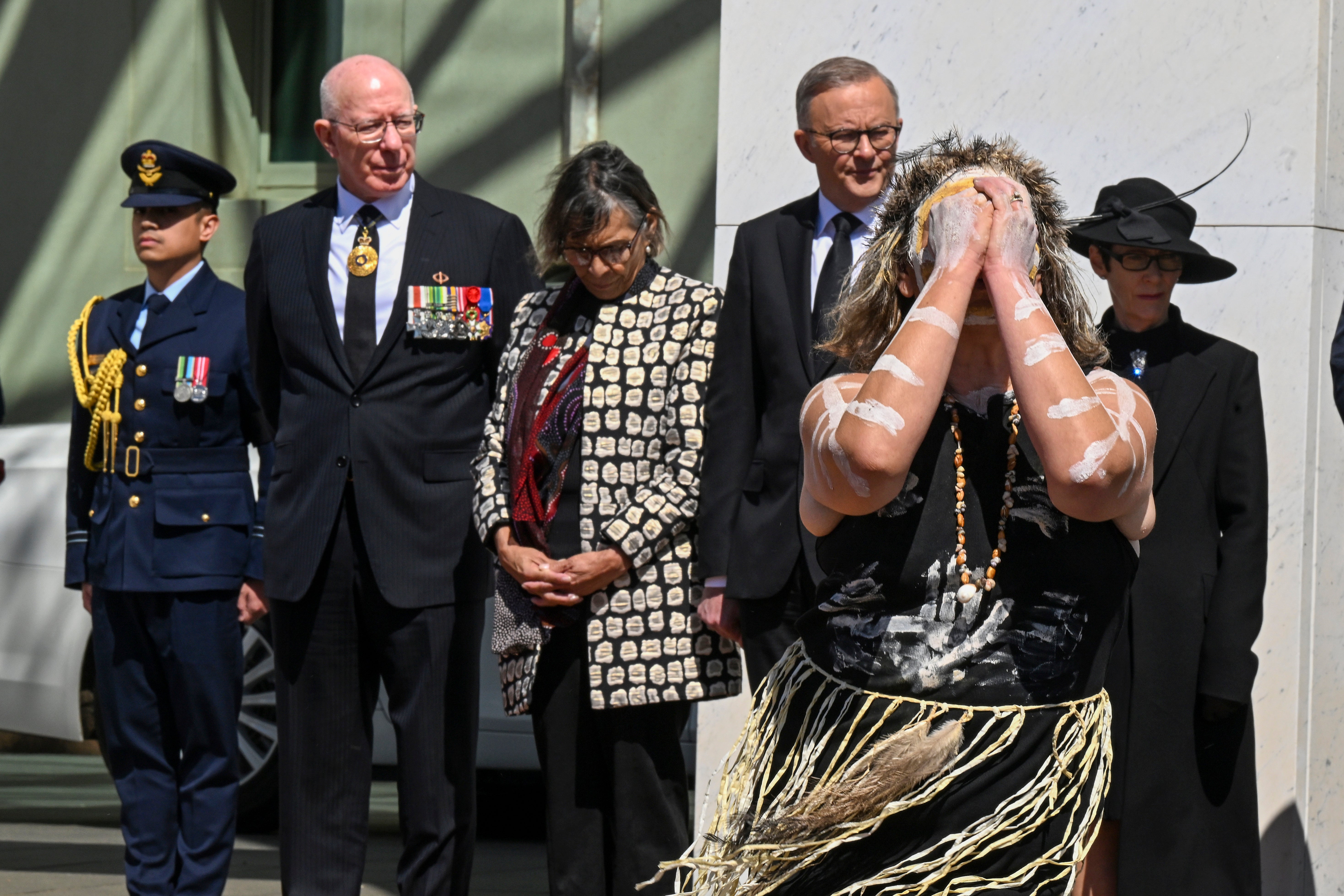
Shachi Kurl, president of the Angus Reid Institute in Canada, tells The Independent that the Commonwealth hasn’t had a significant role on the world stage since 1986 and it’s now “up to King Charles III” to chart the association’s course, for better or worse.
“As a Canadian, I think back to the last big thing the Commonwealth did and that was really around South Africa, so it was some years ago, and our Canadian prime minister had some role in convincing Margaret Thatcher to change her mind on those sanctions – and we know what role Her Majesty played around that.
“It’s been a while since I can think of the last time the Commonwealth, as a society of nations, had a really significant role in the world stage in terms of changing foreign policy.”
What does the future hold for the “free association” of countries? That’s largely up to Charles III, Ms Kurl continued.
“The Commonwealth was very important to the Queen but it will be up to the King to really determine its future success and cohesion,” she said.
“I don’t know if it will necessarily crumble but so many of the members are postcolonial countries and, while the ethos of the Commonwealth is very much ‘we’re all good friends’, the future of that depends on the extent to which King Charles feeds, nurtures, and keeps that cohesion.”
Jomo Thomas, chair of Saint Vincent and Grenadines Reparations Committee, is not optimistic about positive change being engineered through the Commonwealth.
“Most leaders, if not the general population, ought to know by now that there are few material or transformative benefits in Commonwealth membership,” Mr Thomas, also a lawyer, says.
“Our societies are still underdeveloped because the British has its neocolonial tentacles deeply embedded in these countries... the passing of the Queen will not cause any substantive change.”
King Charles III is now the ruler of 15 of the 56 Commonwealth nations: Antigua and Barbuda, Australia, The Bahamas, Belize, Canada, Grenada, Jamaica, New Zealand, Papua New Guinea, St Kitts and Nevis, St Lucia, and Tuvalu.
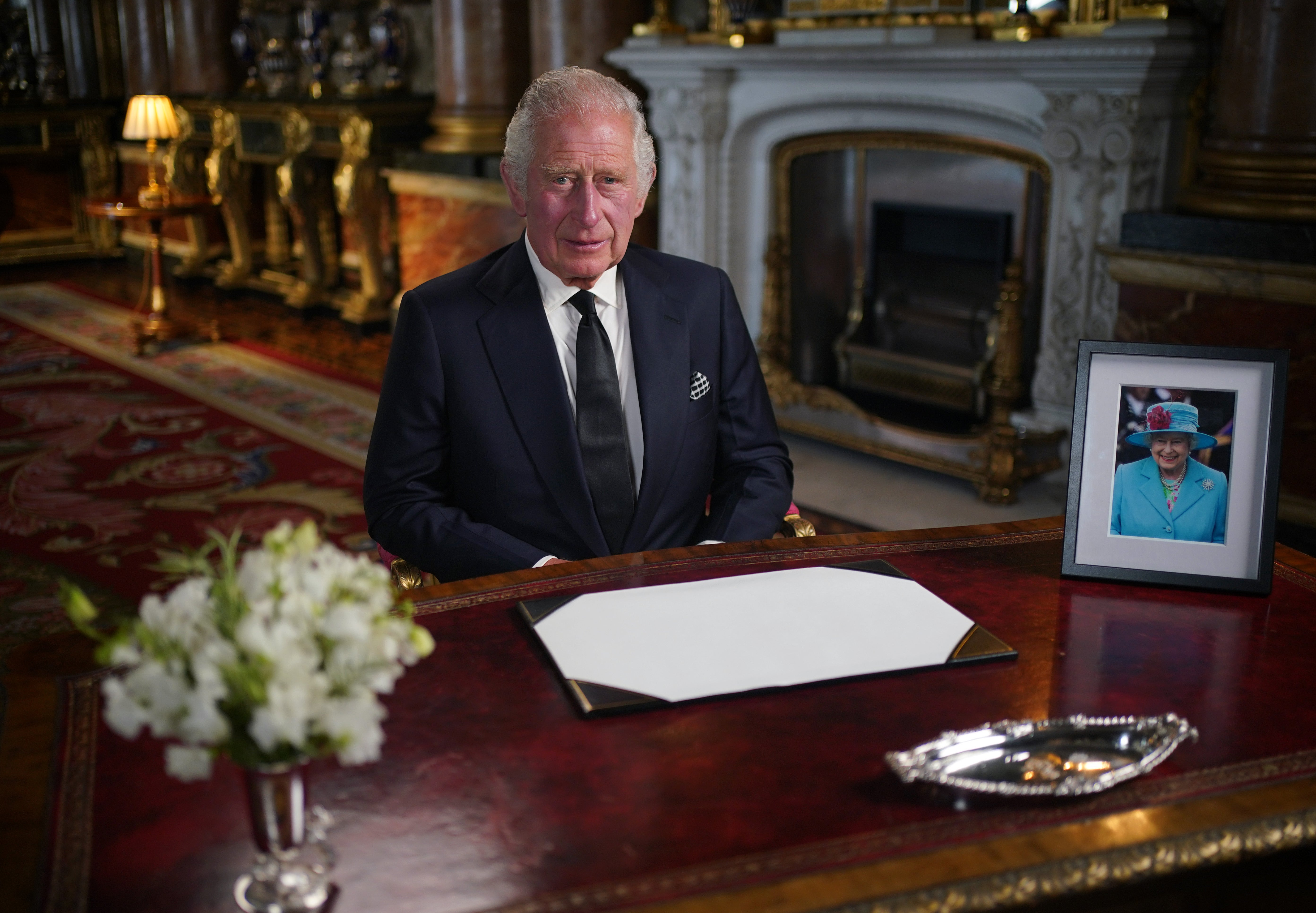
Thirty-six other members are republics, and five others have different monarchs. These countries, including India, number around 2.2 billion people in total.
Philip Murphy described the Commonwealth as a “ghost of the British Empire”, something that former colonies have been moving away from over the years.
“The Commonwealth survives among the first generation of independence leaders because many of them have close personal sentimental links to the UK, many of them had been to British educational institutions or British style schools within their colonel territories, so there is a sense of wanting to hang on to those cultural links,” the academic said.
“Those sentimental bonds are far less strong among later generations of leaders of those territories.
“There have been many new transnational organisations established since the modern Commonwealth emerged and particularly regions like Caricom (Caribbean Community) and Oecs (Organisation of Eastern Caribbean States), the organisation of African states – which are of greater importance and value to the members than the Commonwealth is.
“As the political balance of power changes internationally, a grouping of countries that is largely still based on the fact that they were mostly members of the British Empire is no longer a particularly logical framework of discussions on contemporary affairs.”

Join our commenting forum
Join thought-provoking conversations, follow other Independent readers and see their replies
Comments